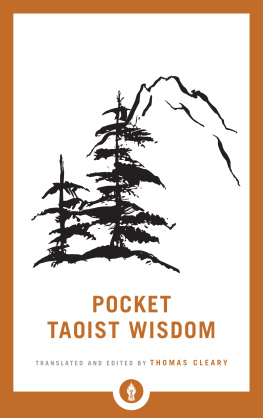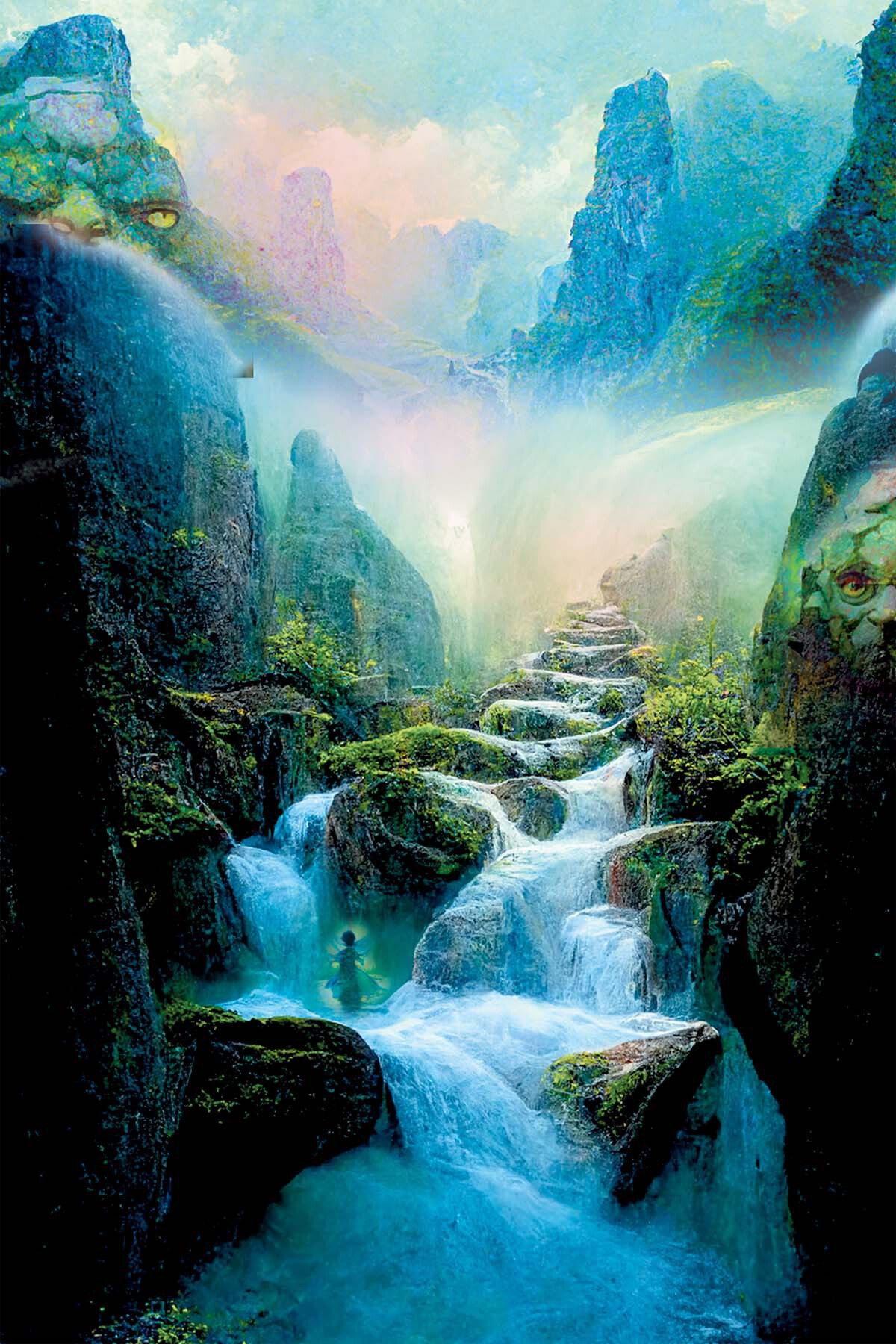The Land of the Gods
The Long-Hidden Story of Visiting the Masters of Wisdom in Shambhala
H. P. Blavatsky
Radiant Books
New York
The Land of the Gods was originally published as An Adventure Among the Rosicrucians in 1887. The text has been copy-edited by Sandy Draper, using gender-neutral language to meet the expectations of modern readers. Cover and interior illustrations by Kateryna Velcheva. Cover design by Matt Davies.
Illustrations 2022 by Radiant Books
Glossary 2022 by Radiant Books
Library of Congress Control Number: 2022945434
Published in 2022 by Radiant Books
radiantbooks.co
ISBN 978-1-63994-025-7 (hardback)
ISBN 978-1-63994-024-0 (paperback)
ISBN 978-1-63994-023-3 (e-book)
Contents
Publishers Note
This book was originally published anonymously by a mysterious Student of Occultism in 1887 under the title An Adventure Among the Rosicrucians , yet with copyright in the name of Franz Hartmann. Helena Blavatsky reviewed it, describing it as: A strange and original little story, charmingly fantastic, but full of poetic feeling and, what is more, of deep philosophical and occult truths, for those who can perceive the ground-work it is built upon.
In 1910, Hartmann republished the story titled With the Adepts along with new additions, as well as omissions. However, in his preface, he mentioned that it has been gathered from notes handed to me by a friend, a writer of considerable repute.
Those notes were originally written by H. P. Blavatsky because only she could gain access to the Holy of Holies on the Earth the secret Abode of the Masters of Wisdom, known as Shambhala. In 1939, Helena Roerich, who continued Blavatskys mission in the 20 th century, also confirmed her authorship: This reporting about the inner life of the Brotherhood was recorded by Franz Hartmann, undoubtedly from the words of H. P. Blavatsky, conveyed with some changes in literary form.
The Chief Stronghold of Shambhala is located in the heart of the Himalayas. However, the network of its Abodes is also spread within other mountainous and remote locations around the world, in the most inaccessible places. The notes that Madame Blavatsky prepared were, in fact, different stories that occurred both in the Himalayas and the Alps at various times, yet were later tied into one single story narrating the secret order of the Rosicrucians.
The publisher hopes that one day it will be permitted to tell more about this book and its characters, as it was originally intended since the discovery of Blavatskys work was made in June 2015 a work that she hid in plain sight long ago.
The new edition, now published for the first time under the name of its true author, is primarily based on the 1887 original yet also contains additions from the 1910 edition. However, several things that Helena Blavatsky allowed Franz Hartmann to add to make her story his have been eliminated, and the chapter titles have been changed. The text has also been edited according to modern linguistic standards to make it more appropriate for 21 st -century readers.
Dedicated to Sophia,
the Divine Mother of
Faith, Hope, and Love.
I. The Beauty of the Mountains
I am penning these lines in a little village in the Alpine mountains in Southern Bavaria, only a short distance from the Austrian frontier. The impressions I received yesterday are still fresh in my mind; the experiences which caused them were as real to me as any other driven by the events of everyday life. Nevertheless, they were of such an extraordinary character that I cant persuade myself that they were more than a dream.
Having finished the long and tedious labour of investigating the Rosicrucians history and studying old worm-eaten books, mouldy manuscripts hardly legible from age, passing days and parts of night in convent libraries and antiquarian shops, collecting and copying everything that seemed of any value for my object in view, I made up my mind to grant myself a few days holiday among the sublime scenery of the Tyrolian Alps.
The mountains were still covered in snow, although the spring had advanced. But I was anxious to escape the citys turmoil and noise, to breathe once more the pure, exhilarating air of the mountain heights, to see the shining glaciers glistening like vast mirrors in the light of the rising sun, and to share the feeling of the poet Byron when he wrote the following verses:
He who ascends to mountain tops shall find
The loftiest peaks most wrappd in clouds and snow;
He who surpasses or subdues mankind
Must look down on the hate of those below;
Though high above the sun of glory glow,
And far beneath the earth and ocean spread,
Round him are icy rocks, and loudly blow
Contending tempests on his naked head,
And thus reward the toils which to these summits led.
Boarding the train at K., I soon arrived at S. Thence, I wandered on foot, highly enjoying the change from the smoky atmosphere of the crowded streets to the fresh air of the country, pregnant with the odour of pines and daisies, the latter appearing where the snow had gone. The road led up through the river valley, and, as I advanced, the valley grew narrower and the sides of the mountain steeper. Here and there were clusters of farmhouses and some rustic cottages clinging to the projecting rocks of the mountains as if seeking protection against the storms which often blow through these valleys. The sun was sinking down below the western horizon and gilded the snowy peaks of the mountains and the brazen cross on the top of the spire of the little village church, from which tolled the curfew, or, as it is here called, the Ave Maria when I arrived at O., the starting point for my excursions into the mountains.
Finding a hospitable reception in the village inn, I soon retired and awoke early in the morning, having been aroused from my sleep by the tinkling of little bells hanging around the necks of the goats sent out to their pasturage. I arose and stepped to the window. The nights shadows were fleeing before the approach of the coming sun; the dawn had begun, and before me in sublime array stood the grand old peaks of the mountains, reminding me of Edwin Arnolds description of the view from the windows of Prince Siddharthas palace, Vishramvan. There the grand mountains stood:
Ranged in white ranks against the blue-untrod
Infinite, wonderful whose uplands vast,
And lifted universe of crest and crag,
Shoulder and shelf, green slope and icy horn,
Riven ravine and splintered precipice,
Led climbing thought higher and higher, until
It seemed to stand in heaven and speak with gods.
Soon I was on the way and wandered farther up through the valley along the riverbed, but here it was merely a small stream, rushing and dancing wildly over the rocks, while farther down, where it had grown, it flowed in tranquil majesty through the plains. The valley seemed to cut through long mountain ranges, and other valleys opened into this. Some of these valleys were known to me as I had roamed them and explored their mysterious recesses, caves, and forests some twenty years ago. Still, there was one mysterious valley I hadnt yet explored, which led towards a high, bifurcated mountain peak, whose summit was said to be inaccessible, and upon which the foot of no mortal had ever trod. Towards this valley, I seemed to be attracted by some invisible but irresistible power. I felt as if, in its unexplored depths at the foot of this inaccessible mountain, the secret and undefined longings of my heart were to be satisfied, as if a mystery would be revealed to me whose solution couldnt be found in books.














